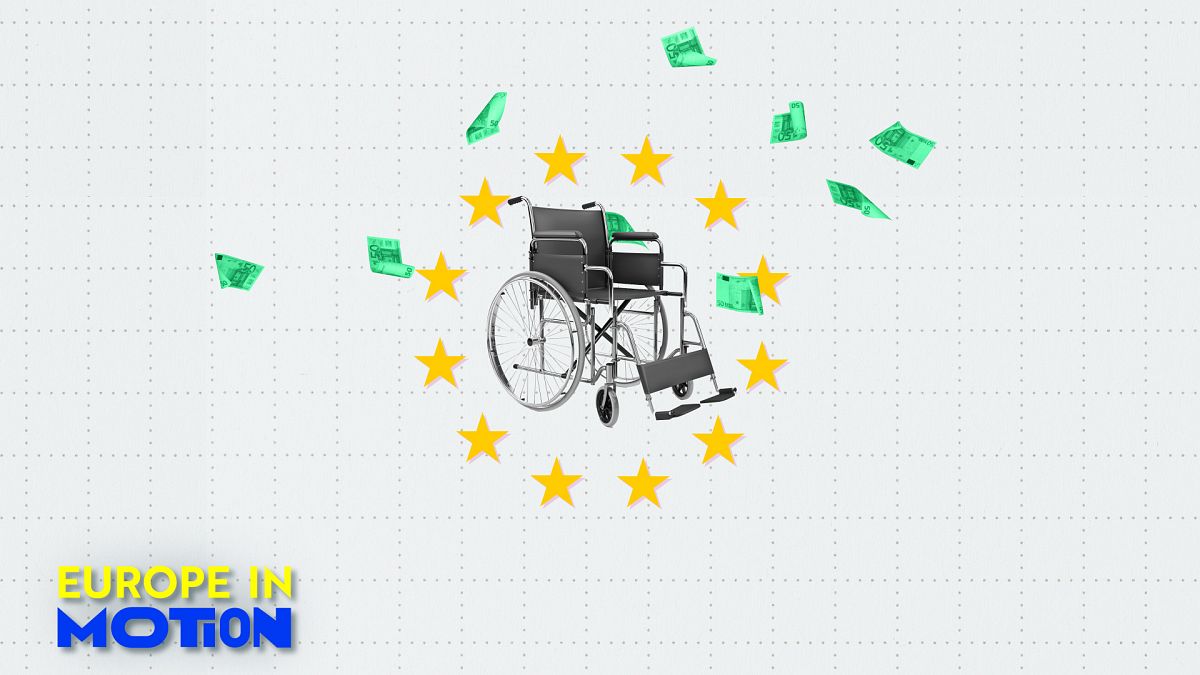Published on
Almost a quarter of people who have a disability in the European Union (EU) are struggling financially, says Eurostat.
People with disabilities are more likely to struggle making ends meet than those without disabilities.
However, fewer people are suffering economically in Luxembourg (8%), Germany (11%), the Netherlands (11.2%), or Finland (13.2%).
By contrast, in Greece (75.5%) and Bulgaria (52%), more than half of people with a disability live in households that have difficulties in making ends meet.
Having a job does not always bring people out of poverty, whether they have a disability or not, but it usually lowers their risk.
However, jobs, schools, services, and information are not always easy to access for people with disabilities.
Significant employment gap
Only half of people with disabilities are employed, compared to three in four people without disabilities. Meanwhile, almost 10% of them were at risk of poverty in 2024.
Among all types of labour market inequalities, such as gender, being foreign-born, or having a disability, the latter led to the largest employment gap.
In 2024, the employment gap between people with and without disabilities was 24 percentage points (pp).
A study published in the journal Education Economics estimated that 19% of the disability employment gap in the 25–34 age group in the EU can be attributed to the gap in education between individuals with and without disabilities.
If covering basic expenses is already a challenge, unexpected costs, like a surgery or a major home repair, can be even harder to manage.
It is, however, considerably more difficult to deal with an expected expense in Lithuania and Bulgaria than in Luxembourg and the Netherlands.
Social benefits and allowances make a huge difference.
Without them, nearly 70% of Europeans with disabilities would have been at risk of poverty in 2024.
Yet even with social support, the at-risk-of-poverty rate remains above 30% in the Baltic states and Croatia.
Read the full article here


